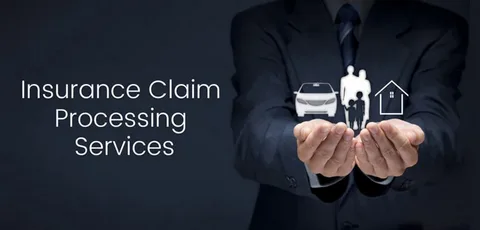There was an automobile collision. As it appeared that no one was wounded and the damage was minimal, you along with the other driver exchanged information and continued in your different directions.
Since it appeared that no one had been hurt and no property was damaged, the police declined to respond to the accident.
You went to bed that night with a sore back and didn’t move an inch till dawn. You drove into your driveway a few days later and something crucial-looking dropped off your car.
When the full nature of the damages caused by the automobile collision become apparent to you, you may find yourself asking, “Can We make a claim for our auto insurance without a police report?” Simply said, you can still make a claim on your insurance with the help of a product liability lawyer. Unfortunately, without a police report, your claim may require more time and effort to prove, leading to a smaller insurance settlement or perhaps denied coverage altogether.
In the event that the police do not file a report after an accident, the following article provides advice on how to handle the resulting issues.
Taking Care Of The Evidence
Because it was written quickly after the incident occurred and includes details about the event, a police report is an important piece of evidence. The record was compiled by an impartial third party (the officer), and it contains information that was gleaned from talks with the two persons involved in the accident. The contents of a police report are given a great deal of deference by insurance companies when negotiating claims, despite the fact that a police record might or might not be admissible to a judge during the course of litigation.
When filing a claim for auto insurance and don’t have the police record on hand, you can still collect many of the same advantages from alternative sources, such as:
- statements made by witnesses;
- the drivers’ accounts;
- documents, sketches, and notes depicting the mishap in some fashion
- images from the scene of the collision; and
- snap shots of the wrecked cars.
Important details that you may have discovered on your own are also documented in a police report, such as proof that:
- details on when, where, and how the incident occurred;
- the state of the roads and the weather at the time of the crash; and
- specification of the automobiles in question.
An adjuster may visit you, your car, and/or the location of an accident while processing your claim. Investigating the scene for skid tracks, inspecting your car for visible evidence, and conducting a technical evaluation can all fill in some of the blanks left by the police report. Whatever the insurance adjuster says, you have the right to have your vehicle inspected by a mechanic of your choosing.
Alternate Repercussions
You can still file a claim with your auto insurance company even if you don’t have a police record, but it will take longer. The lack of reliable information found in a police report might cause many insurance companies to delay paying out on a claim. Since the insurance company will know you don’t have a police report or an officer to testify on your behalf, they may offer you less money to settle your car insurance claim without one.
However, as was previously said, many of the problems that arise when filing a claim for automobile insurance without a police record can be reduced or eliminated with the careful gathering and presentation of material related to your accident. Also, having legal representation can assist make sure all of the proof you’ve collected is presented in a way that the insurance company will understand.
Evaluate Your Case At No Cost To You
The legal aftermath of a car crash could include a slew of attorneys working for insurance firms and the parties involved. Having a lawyer on your side means someone is looking out for your best interests and working to get you the maximum compensation possible for your losses. Set up a no-cost consultation to learn how they may assist you with your claim.



